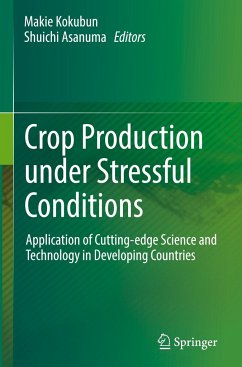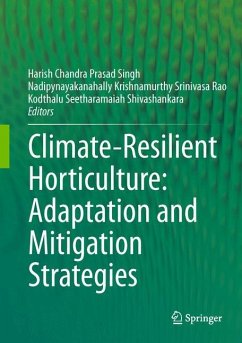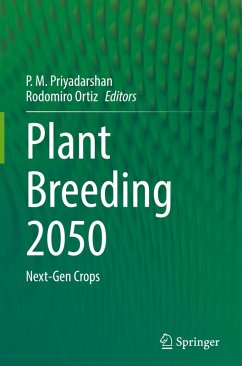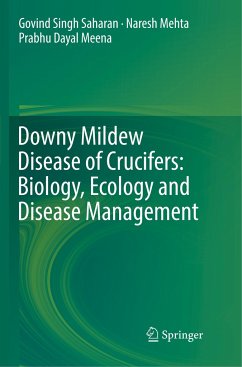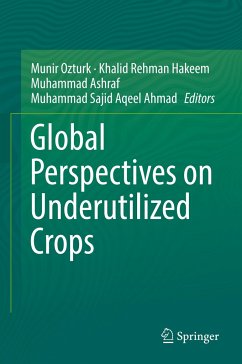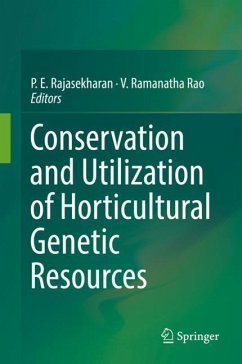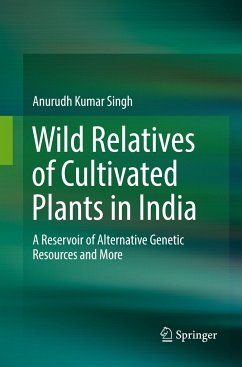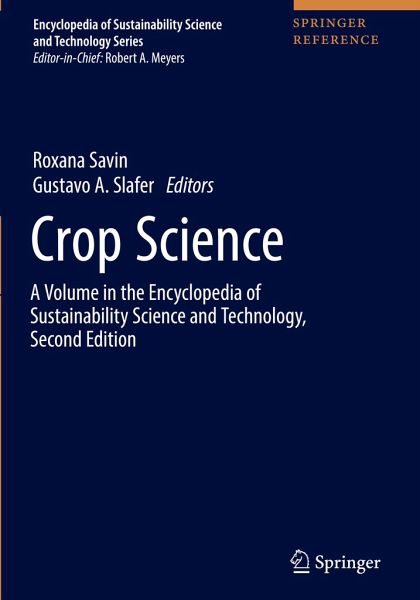
Crop Science
A Volume in the Encyclopedia of Sustainability Science an Technology, Second Edition
Herausgegeben: Savin, Roxana; Slafer, Gustavo A.
Versandkostenfrei!
Versandfertig in 6-10 Tagen
228,99 €
inkl. MwSt.

PAYBACK Punkte
114 °P sammeln!
This book offers a comprehensive and state-of-the-art source reference for understanding the functions and mechanisms responsible for yield and quality determination under a range of conditions. By uncovering relationships and challenges of successful and scalable crop management and breeding, this volume addresses the challenges of environmentally sound production of bulk and quality food, fodder, fiber, and energy which are of ongoing international concern. Contemporary agriculture and crop management confronts the challenge of increasing demand in terms of quantitative and qualitative produ...
This book offers a comprehensive and state-of-the-art source reference for understanding the functions and mechanisms responsible for yield and quality determination under a range of conditions. By uncovering relationships and challenges of successful and scalable crop management and breeding, this volume addresses the challenges of environmentally sound production of bulk and quality food, fodder, fiber, and energy which are of ongoing international concern. Contemporary agriculture and crop management confronts the challenge of increasing demand in terms of quantitative and qualitative production targets. These targets have to be achieved against a background of climate change, including soil and water scarcity and higher temperatures, and the environmental and social aspects of agricultural sustainability. This book views crop production as an active source of methods, theories, ideas, and tools for application in genetic improvement and agronomy.



